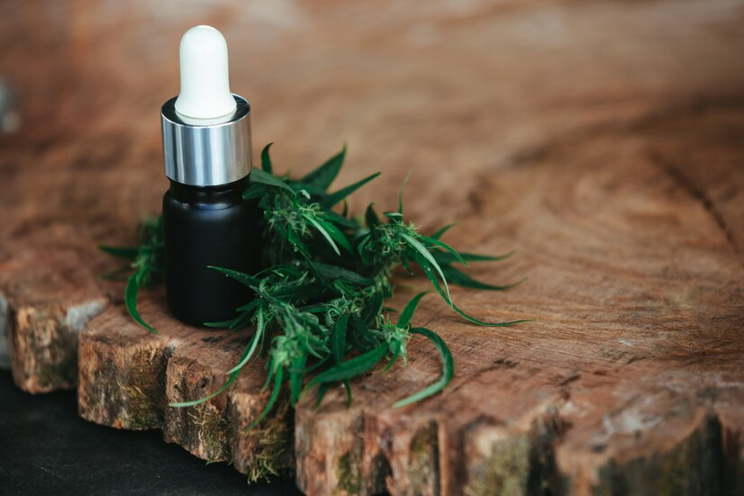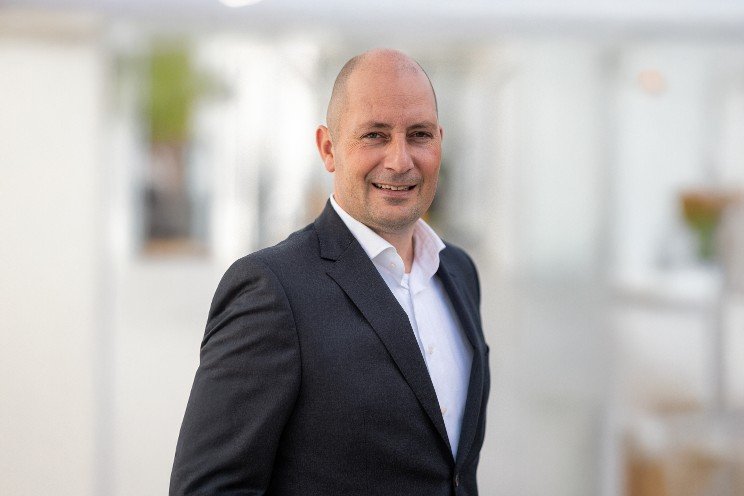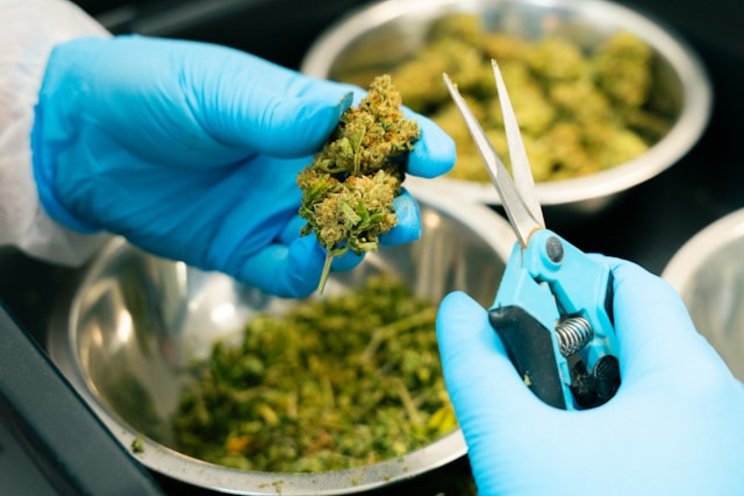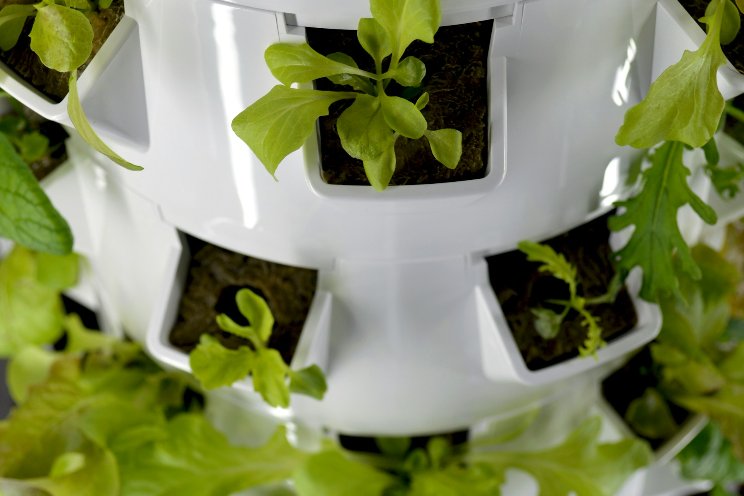The rise of THC in medical cannabis
Added on 19 April 2024

The modern cannabis industry has seen a pronounced shift toward higher THC concentrations, driven largely by selective breeding techniques that cater to an increasingly discerning consumer base. In the late 1990s and early 2000s, the average THC content in cannabis was typically around 4% to 5%, by the mid-2000s this average had increased, with most cannabis strains containing about 10% THC. Today, it's not uncommon to find strains with THC concentrations of 20% to 30% or even higher in some cases. A study published by the University of Mississippi's Potency Monitoring Project reported a steady increase in THC levels from an average of 4% in the 1980s to over 12% by 2014. Data from various state testing facilities in legalized regions such as Colorado and California also reflect an increase, with average THC levels in some tests ranging from 18% to over 25% for certain products.
While exact figures can vary depending on the source, studies and reports generally indicate a significant rise that cannot be ignored.
Apparently, this emphasis on potency seems to be based on the perception that stronger cannabis provides enhanced therapeutic and recreational effects, a notion that has fundamentally influenced breeding practices and market dynamics. Despite the reasonably widespread adoption of this perspective, two questions still remain at large : do higher THC concentrations actually lead to strengthened therapeutic and recreational effects and, more importantly, is the exposure of medical cannabis patients to more potent THC levels safe ?
The question of whether increased THC levels in cannabis are beneficial for patients is nuanced and depends on several factors, including the patient's medical condition, their tolerance to THC, and the specific symptoms being treated. As such, a definitive answer to this question cannot be provided as of the current moment, but there are definitely some strong indicators of increased efficiency in regards to high-THC products, such as stronger pain relief, appetite stimulation, nausea reduction and enhanced psychoactive effects. Unfortunately, there is also another side of the coin which is thought to be much darker.
According to several psychiatric studies including a research article issued by The Journal of the Missouri State Medical Association, higher THC levels are strongly correlated with increased risks of addiction and dependency. Studies suggest that the more potent the cannabis, the higher the likelihood of addiction, along with a variety of mental health issues, including anxiety, depression, psychosis, and suicidal ideation. In addition to that, long-term or heavy use of high-THC cannabis, particularly for younger patients, is associated with cognitive impairments such as reductions in hippocampal volume and performance in verbal learning and memory tasks.
Despite all of these concerns, the most worrying issue is the potential risk of psychosis when exposed to these THC percentages on a frequent basis. The study found a significantly increased risk of psychosis among users of cannabis products with THC concentrations greater than 15%, especially among those who used these products on a daily basis. There is also a growing body of research suggesting that higher concentrations of THC in cannabis might increase the risk of developing schizophrenia, particularly among those who are genetically predisposed to the condition. It is important nonetheless to note that correlation does not imply causation, and the relationship between THC and schizophrenia is complex and influenced by multiple factors, such as the dose-response relationship and how often the patient makes use of high potency cannabis medication.
The potential risks of high potency cannabis products is unfortunately not something new. A 2015 study carried out in the south of London specifically addresses the impact of high-THC cannabis on psychosis cases and points out the risks associated with high-THC, or high-potency, cannabis through detailed research findings. Diving deep into the unsettling findings from South London where daily indulgence in high-potency cannabis, also known as skunk, was linked to tripling the likelihood of first-episode psychotic disorders compared to non-users, the study served the cannabis industry a potent dose of reality about the mental health dangers lurking behind stronger cannabis strains. In a groundbreaking revelation, nearly one-fourth of all new psychosis cases in South London are attributed to high-potency cannabis use. This alarming statistic underscores the significant public health challenge posed by these increasingly popular, yet potent, cannabis varieties.
While the allure of high-THC cannabis for enhanced relief and potent effects is undeniable, the potential risks associated with its use, particularly the increased likelihood of psychiatric disorders, highlight an urgent need for caution and restraint. Balancing innovation in cannabis cultivation with safety and public health considerations will be essential as we navigate the future of medical cannabis. As the cannabis industry continues to evolve, ensuring the safety and well-being of consumers—especially those using cannabis for medical purposes—must remain a paramount concern. This calls for comprehensive education, stringent regulation, and continuous monitoring of the impacts of high-THC cannabis on public health.
Written by DANIEL CIUREA
More news















